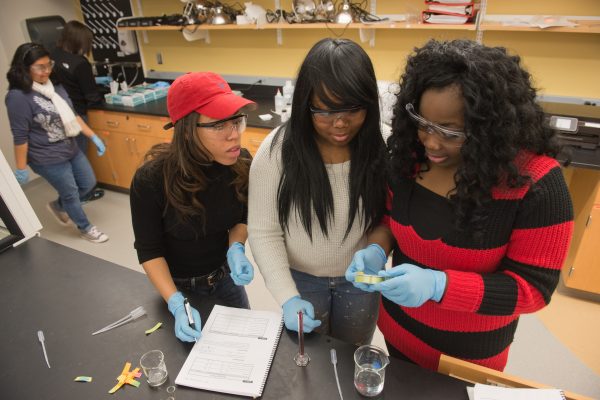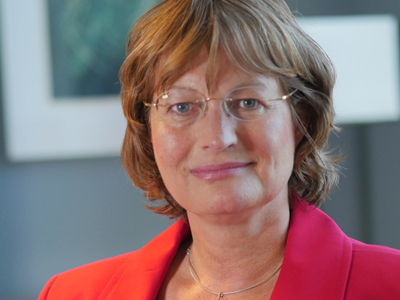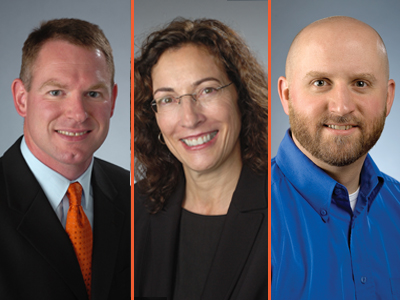New Study Reveals Ozone’s Hidden Toll on America’s Trees
A new nationwide study reveals that ozone pollution—an invisible threat in the air—may be quietly reducing the survival chances of many tree species across the United States. The research, published in the Journal of Geophysical Research: Atmospheres is the first…


 Four Syracuse University professors, led by
Four Syracuse University professors, led by 
